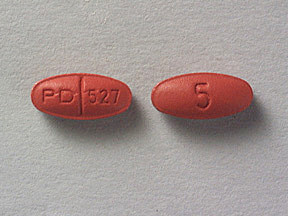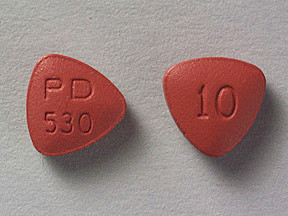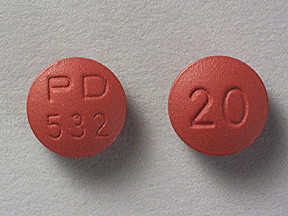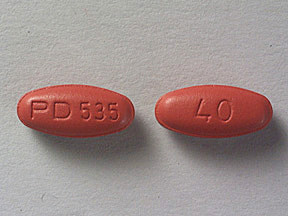QUINAPRIL - ORAL
PHONETIC PRONUNCIATION: (KWIN-a-pril)
COMMON BRAND NAME(S): Accupril
GENERIC NAME(S): quinapril HCl
Uses
USES: Quinapril is used to treat high blood pressure. Lowering high blood pressure helps prevent strokes, heart attacks, and kidney problems. This medication is also used to treat heart failure. Quinapril belongs to a class of drugs known as ACE inhibitors. It works by relaxing blood vessels so blood can flow more easily.
How to use QUINAPRIL - ORAL
HOW TO USE: Read the Patient Information Leaflet if available from your pharmacist before you start taking quinapril and each time you get a refill. If you have any questions, ask your doctor or pharmacist. Take this medication by mouth with or without food as directed by your doctor, usually once or twice a day. High-fat meals may decrease the absorption of this medication. To reduce your risk of side effects, your doctor may direct you to start this medication at a low dose and gradually increase your dose. Follow your doctor's instructions carefully. The dosage is based on your medical condition and response to treatment. Take this medication regularly to get the most benefit from it. To help you remember, take it at the same time(s) each day. Keep taking this medication even if you feel well. Most people with high blood pressure do not feel sick. For the treatment of high blood pressure, it may take 1 to 2 weeks before you get the full benefit of this medication. For the treatment of heart failure, it may take weeks to months before you get the full benefit of this medication. This product contains magnesium which may interfere with the absorption of some medications. See the Drug Interactions section and consult your pharmacist for more information. Tell your doctor if your condition does not get better or if it gets worse (for example, your blood pressure readings remain high or increase).
Side Effects
Precautions
Interactions
Overdose
Images
Reviews
Faq for QUINAPRIL - ORAL
Quinapril is used to treat high blood pressure (hypertension) and heart failure.
Quinapril belongs to a class of drugs known as ACE inhibitors. It works by relaxing blood vessels, allowing blood to flow more easily and reducing the workload on the heart.
The recommended starting dose of Quinapril for high blood pressure is usually 10 mg once a day. The dosage may be adjusted by your doctor based on your response to the medication. For heart failure, the starting dose is usually 5 mg once a day.
Common side effects of Quinapril include dizziness, cough, headache, and gastrointestinal issues such as diarrhea and stomach pain. In rare cases, it may cause more serious side effects such as kidney problems or allergic reactions. Contact your doctor if you experience any concerning symptoms.
Quinapril is not recommended during pregnancy as it can harm the unborn baby. It is also not recommended while breastfeeding. Consult your doctor for safer alternatives.
Quinapril may interact with other medications including diuretics, potassium supplements, nonsteroidal anti-inflammatory drugs (NSAIDs), and certain diabetes medications. It is important to inform your doctor about all the medications you are taking to avoid potential interactions.
Quinapril may start lowering blood pressure within hours after the first dose, but it may take several weeks for the full effect to be reached. Follow your doctor's instructions and continue taking the medication as prescribed.
Quinapril should not be stopped suddenly without consulting your doctor. Abruptly stopping the medication can cause a sudden increase in blood pressure or worsening of heart failure symptoms. Your doctor will provide guidance on how to slowly taper off the medication if necessary.
Yes, Quinapril is available as a generic medication. The generic name for Quinapril is Quinapril Hydrochloride.
Warning
WARNING: Quinapril can cause serious (possibly fatal) harm to an unborn baby if used during pregnancy. It is important to prevent pregnancy while taking this medication. Consult your doctor for more details and to discuss the use of reliable forms of birth control while taking this medication. If you are planning pregnancy, become pregnant, or think you may be pregnant, tell your doctor right away.
Disclaimer
IMPORTANT: HOW TO USE THIS INFORMATION: This is a summary and does NOT have all possible information about this product. This information does not assure that this product is safe, effective, or appropriate for you. This information is not individual medical advice and does not substitute for the advice of your health care professional. Always ask your health care professional for complete information about this product and your specific health needs.





No Reviews Yet